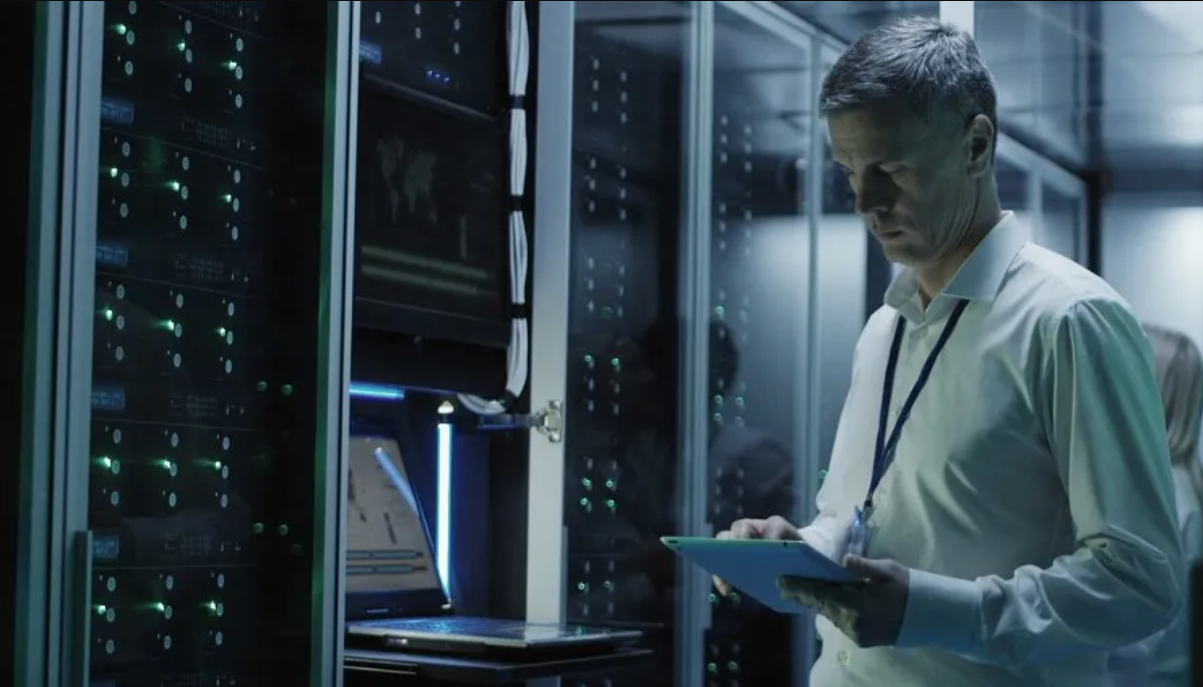
From On-Site to Anywhere: Revolutionizing Investigations with Remote Data Collection
Key takeaways from our on-demand webinar titled ‘Get Your SaaS in Gear with Cloud-Based Remote Data Collection’.
The digital landscape is constantly shifting. Data volumes are exploding, applications are evolving and security updates roll out at a dizzying pace. Keeping up with these modern challenges requires innovative solutions and robust strategies for data collection and digital forensics.
Our recent webinar delved into some key strategies to navigate this complex digital environment:
1. Modern Solutions for Modern Challenges:
Traditional methods struggle with the complexities of today’s data. Disappearing messages, cloud storage and encrypted devices demand immediate action and specialized tools. Advanced solutions like Cellebrite empower users to address these challenges by:
- Preserving Data Promptly: Acting quickly is crucial to secure disappearing messages and cloud-based data before it vanishes.
- Managing Complex Data Sources: Third-party applications and encrypted iOS devices require specialized tools to overcome these hurdles and extract the necessary information.
- Litigation-ready Data Management: Efficient data handling with a clear chain of custody is essential for legal proceedings. Modern solutions ensure data integrity and accessibility for legal teams.
2. Mastering Remote Data Collection:
Geographic limitations are a relic of the past. Modern tools enable seamless remote data collection across locations and devices. Investigators can extract necessary data efficiently, ensuring vital information is readily accessible regardless of physical location, streamlining investigations and expediting the path to resolution.
3. Bridging the Forensics-eDiscovery Gap:
The lines between digital forensics and eDiscovery are blurring. Effective tools bridge this gap by allowing less technical teams to efficiently review and analyze collected data. This facilitates a smooth transition from forensic collection to thorough eDiscovery review, empowering a wider range of specialists to contribute to investigations.
4. Endpoint Inspector: A Versatile Asset
Cellebrite’s Endpoint Inspector is a user-friendly tool ideal for enterprises. It allows for efficient data backup and collection across various teams within an organization. IT teams can leverage its capabilities to maintain data integrity and facilitate internal investigations. Law firms can also benefit from its targeted eDiscovery capabilities, making it an asset for legal proceedings.
5. The Power of Data Parsing:
Turning raw data into actionable insights requires effective parsing tools. Solutions like Cellebrite’s Physical Analyzer can handle frequent app and operating system updates, ensuring relevant data is extracted and analyzed promptly. Effective parsing ensures investigators can quickly identify and understand crucial information within the vast amount of collected data.
6. Training and Accessibility:
Understanding and utilizing powerful tools is essential. Comprehensive training resources for Cellebrite products, including self-guided modules and demos, empower users to unlock their full potential. This ensures investigators and legal teams can leverage the advanced capabilities of these tools to maximize efficiency and effectiveness.
In Conclusion:
By adopting these strategies and leveraging advanced tools, you can effectively navigate the complexities of data collection and digital forensics in today’s ever-evolving digital landscape. With the right approach and resources, you can ensure that crucial data is preserved, analyzed and utilized effectively to support investigations and legal proceedings.
For a more in-depth look, tune in to our on-demand webinar where Andy Jacobs, Solutions Engineer at Cellebrite Enterprise Solutions explores the complexities of computer and mobile data collection and introduce you to Cellebrite Endpoint Inspector—the ultimate SaaS-based solution for securing and unifying your remote collection workflow across all endpoints.